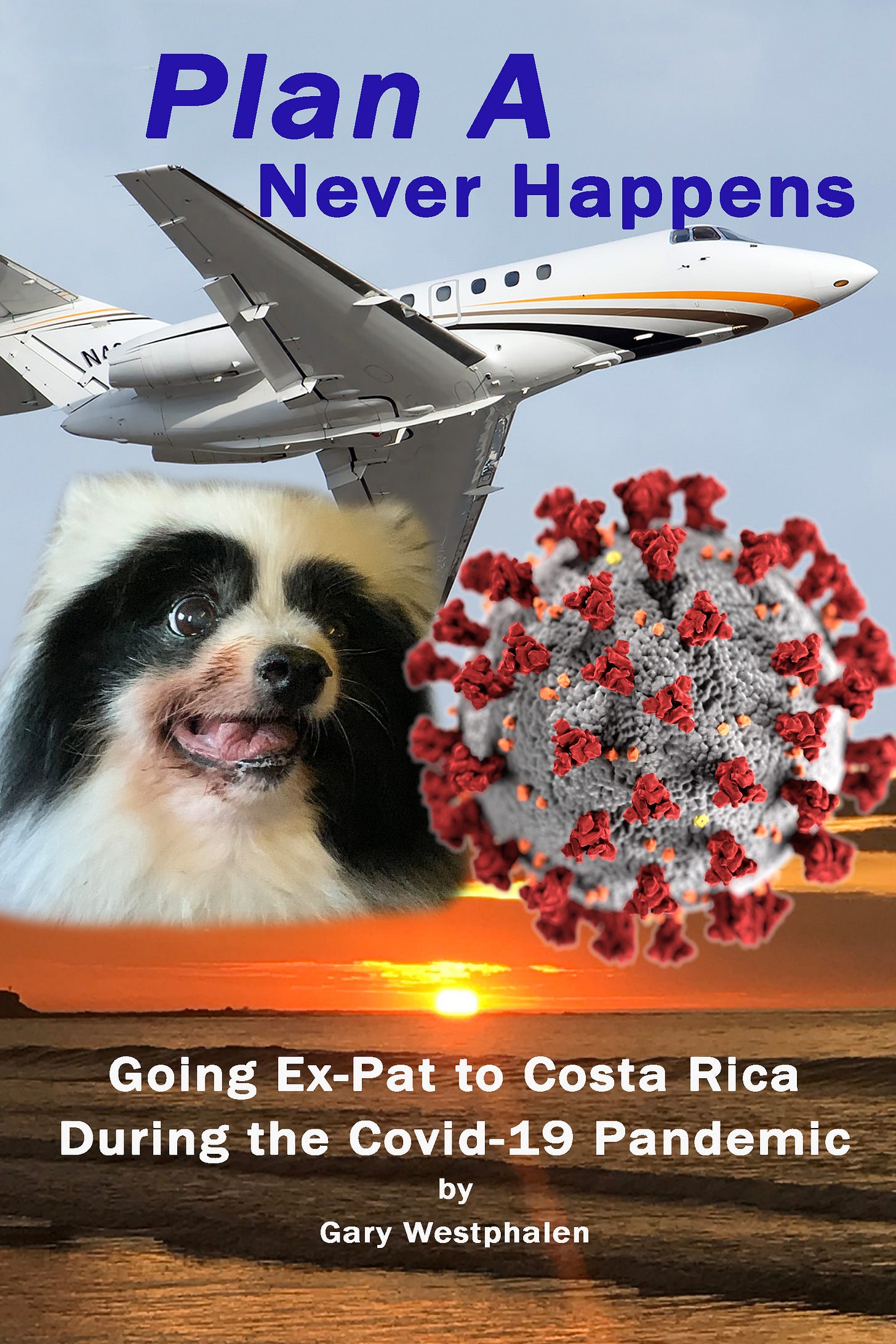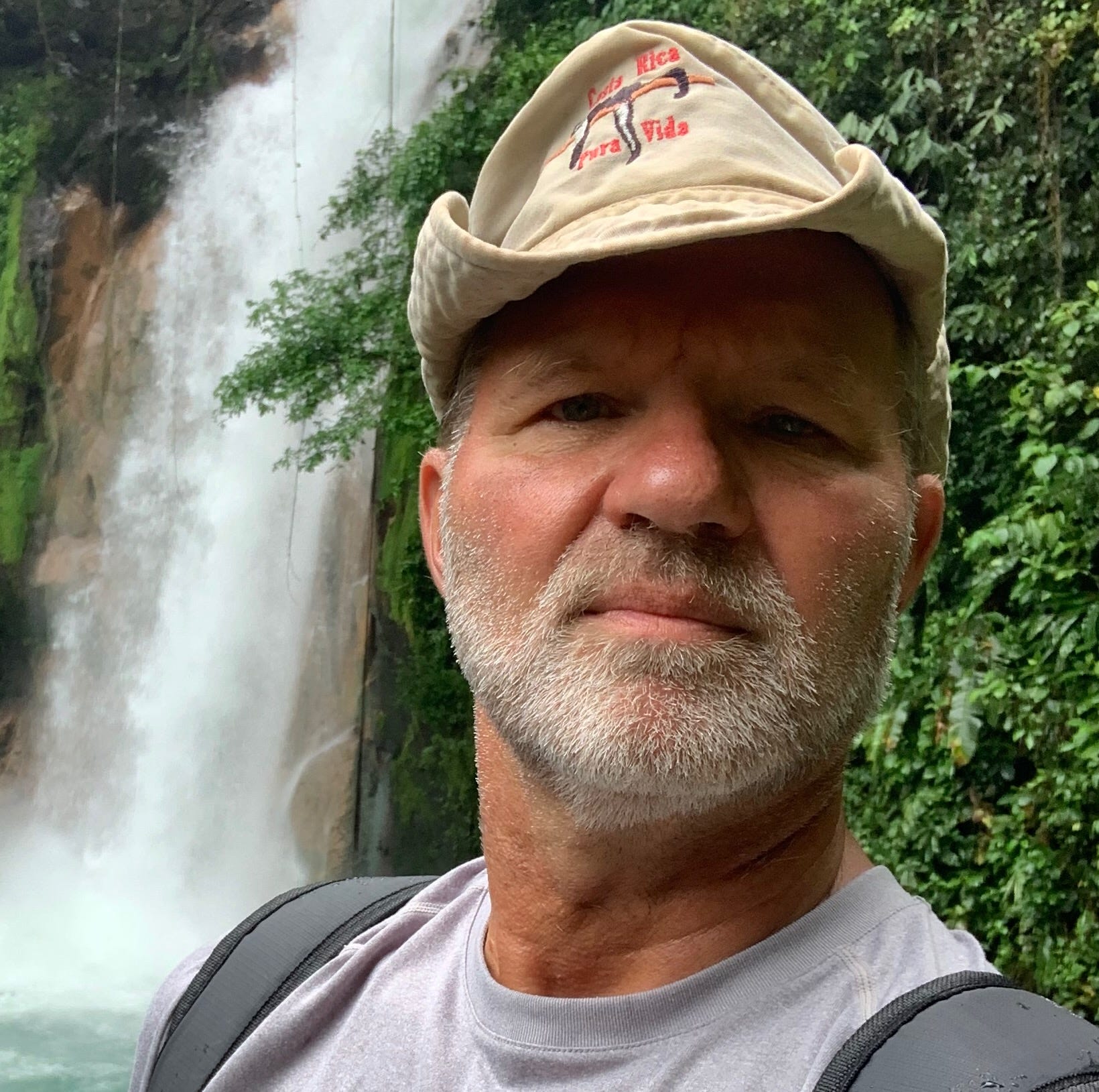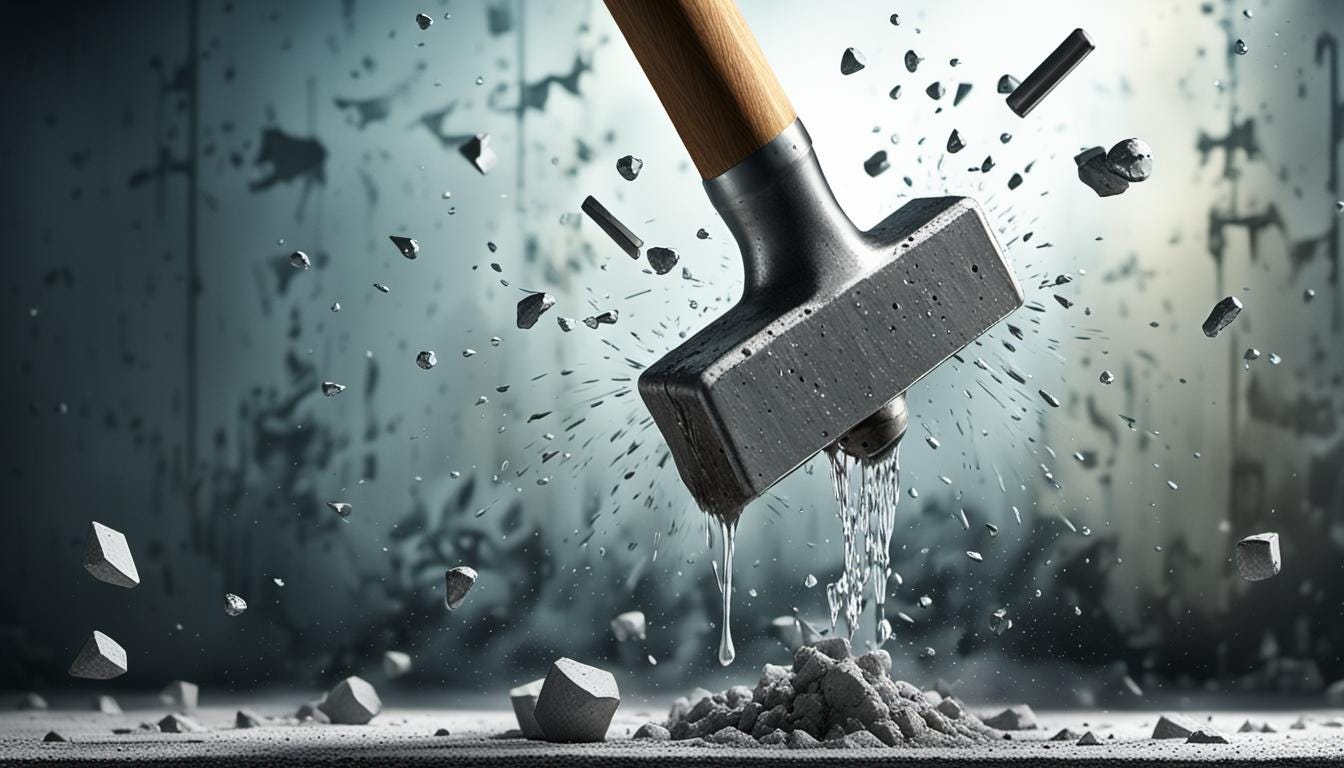"We Are All In This Together."
We arrived as residents of Costa Rica four year ago today on October 2, 2020.
My late morning coffee on the beach is warm and delicious. The blue sky above us is promising the perfect companion note of glorious sunshine for the day to come. We’re living in paradise. What could go wrong?
Then, Carmen’s cell phone rings.
The call would be the start of a small but amazing adventure, whose highs, lows and eventual resolution would leave us amazed by the place we have chosen to live. A place we decided to call “Home” exactly four years ago today.
The ringing alarm clock sets everything in motion at four a.m. It is October 2, 2020. This day in the Washington, D.C. area is going to be chilly. A spitting rain is being tossed about by brisk breezes.
As part of my career as a journalist, I was quite accustomed to a lifestyle where the hours weren’t even remotely in line with a nine-to-five world. I had to get up earlier than this if I was editing for Good Morning America, which I frequently did.
But this day will be unlike any before it. Carmen and I are leaving the town we have called home for decades, and flying away to our next adventure. By mid-day, our “vacation” home in Costa Rica will become our permanent residence. On the plane with us are six-hundred pounds of personal belongings, Frankie the dog and two cats, Mama, and her son Twinkie.
The story of how all this came to be is the subject of my first book,
Plan A Never Happens. Of course, I recommend it.
We have been living here in Costa Rica for only a few months when that call at the beach disturbs our peace. It is from a woman who offered to clean our house for a very nominal fee. She is a bit frantic and speaking in very rapid Spanish.
“We have a broken water pipe in the condo,” Carmen says as she hangs up. “We have to go back. Like, now.”
I walk into the condo to see the cold water pipe that feeds our washing machine has broken off in the wall. As the water pours out, the frazzled cleaning lady is sweeping it out the back door until I manage to find and turn off the main valve. The walls are earthquake-proof concrete construction and the water pipes are cemented into the wall. Fixing the problem means chiseling an area of concrete out of the wall about four inches wide, a foot long and three inches deep. Then, a new piece of pipe is spliced in and the damage to the concrete is cemented over and repainted. In short, it is a lot of work.
There is a construction crew in the complex working on some landscaping project, and they have just broken for lunch. One of the guys says to Carmen (my Spanish at the time was way, way not good enough), “I know how to fix it. Just give me 5 Mil Colones (about $10) for parts and I will go get them and fix it.”
So, now, here I am. It is exactly four years since that early morning alarm clock signaled the start of this adventure. The story of the broken pipe is but one of many those four years have written.
Remember that in October of 2020, Covid was flaring away and the daily body count took on lottery-number-level importance. A grim, statistical account of the fragility of life. The United States didn’t own the pandemic, either. I personally knew two people who gave into Covid in our Costa Rican town.
The shutdown meant this usually bustling tourist village with an awesome beach…was a ghost town. You could take a nap in the middle of the main street. Even here, life was weird. The likelihood of a man who knew how to fix our broken pipe being at our door the moment we needed him was infinitesimal. But it happened.
The chiseling is deafening. Every hammer strike sends sound waves through the entire concrete construction of the building. With each stroke, I wonder if we have done the right thing by hiring this guy. Then, without ceremony, it stops and the sound of the chirping birds outside, once again fills the air.
Twenty minutes later, the man sticks his head out from the laundry room and says he is finished. Sure enough, there is a new faucet cemented into the wall, and the concrete that fills the chiseled void is smooth and already beginning to dry.
“How much do we owe you?” Carmen asks.
“You don’t owe me anything,” he replies. Then he smiles and adds, “We are all in this together.”
He gave up his lunch hour. He went to the hardware store to buy the parts. He worked for almost two hours, with the other workers picking up the slack for him on their main job. He fixed it perfectly. He wanted nothing more than a “Muchas gracias” from us. For him, doing a good deed was its own reward. (Of course, we insisted on paying him.)
This was the first clue that life here would be different. What we didn’t yet grasp at that time is that there is an energy, a vibe, a rhythm to life here that takes a while to understand, and a lifetime to appreciate. The Ticos (native Costa Ricans) call it “Pura Vida”. It means “The Good Life” or “Cool” or “Awesome” or “Pure Life” or any of a dozen other English language superlatives that try (but fail) to fully capture the essence of this ethereal life force that is unique to this place. “Pura Vida” is often spoken as a greeting. It’s a more celebratory, even patriotic, way to say “Hi”.
In chapter after chapter this four-years-and-counting adventure has written for us, there is this moment of transition. Sometimes it is the guy with a truck who pulls your disabled vehicle to the nearest garage, wanting nothing in return. Sometimes it is the government worker who steps outside of official duty and actually helps you get a document filed. Sometimes it is a smiling man with a hammer and chisel. Life here reads like a dime store novel whose plot line is that every time something near-catastrophic happens, Pura Vida swoops in like the anti-hero who frightens even as it astonishes. Suddenly, everything becomes understood and accepted. It doesn’t necessarily bring the fairy tale ending of “They All Lived Happily Ever After”, but it does what needs to be done.
That’s not to say adversity doesn’t exist here. Quite the opposite. Moving to an entirely independent country that does almost everything differently than the U.S., and in a different language, is not a challenge for the faint of heart. That “Operation Manual of Life” that you think you know so well, does not apply here.
But, all in all, the move has become the wonderful adventure we couldn’t even imagine when we embarked upon it four years ago today. If I had to do it all over again, I wouldn’t change a thing. Every experience, good or bad (even the bad ones eventually turn good) has enriched our life together in ways I can’t even put into words.
The circumstance changes, the characters have different names, but the ending is always some form of Pura Vida. The trick is that you have to let it happen.The flow is what it is. You have to let go before Pura Vida reveals itself. We have even become adept at providing Pura Vida to others. Pura Vida, you see, is a two-way street.
The bottom line of these four years is that Carmen and I have stayed focused on this amazing goal, never wavering in our commitment to happiness and each other. Our two lifetimes filled with hard work and amazing stories have brought us to this adventure in a place and time that fits just right. We eagerly look forward to adding many more chapters.








What a beautiful story and deeper insight into what “Pura Vida” really means 🤙❤️🙏